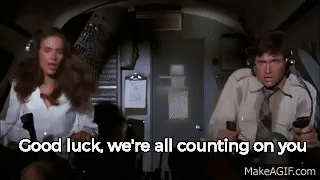In other words, yes, but be aware of all of the following.
If you get a cashier's check and you go into the issuing bank they can and will verify it. SOME banks will not cash them for non-customers, however, although in theory that's not supposed to happen because a Cashier's Check is, as the name implies, supposed to be negotiable as cash.
Under the UCC (https://www.law.cornell.edu/ucc/3/3-412) the issuer is obligated to pay a cashier's check according to the terms provided to the drawer at the time it was issued, which MAY include a regulation CC hold (one business day.) In practice, however, at the issuing bank they are payable immediately in cash since they can be immediately verified as good.
Note that this assumes the bank has the funds in cash; many branches do not have more than a couple of thousand available for such a transaction "on demand."
In addition, and this is *very* important, if the face amount is over $10,000 in the United States it is a reportable transaction (to the government via a CTR) and the bank will file the requisite form with the government, including your identification. This *may* increase your tax audit risk materially. Do NOT attempt to get around CTR filing by using multiple checks or other instruments; the bank is very likely to detect it and it is a specific *crime* to attempt evading reporting requirements, whether you succeed or not.




